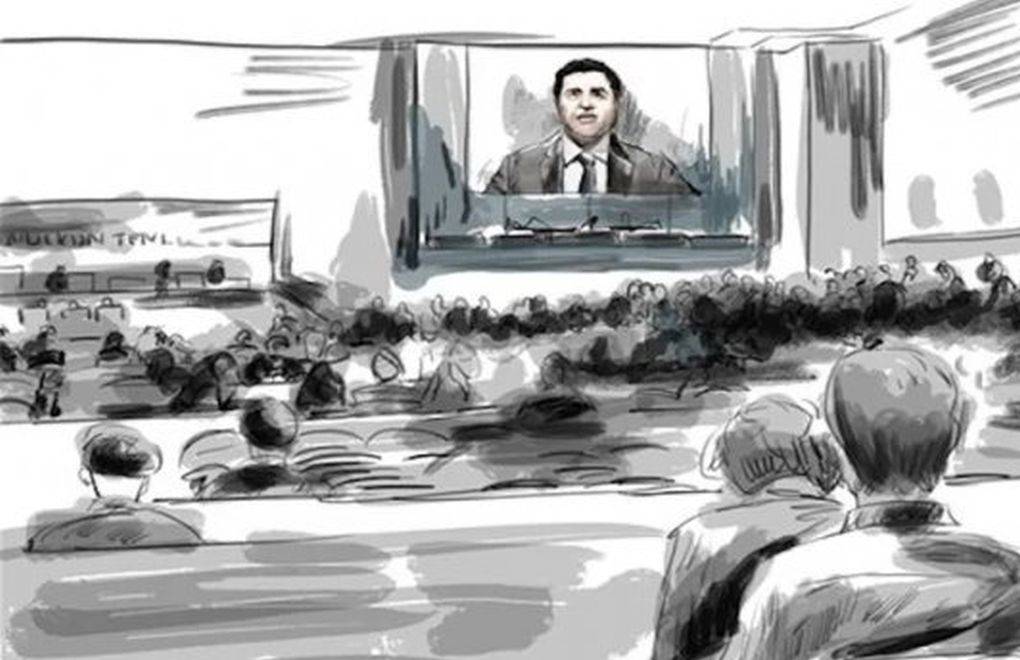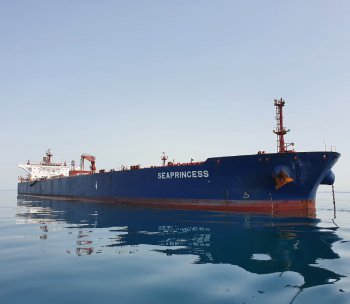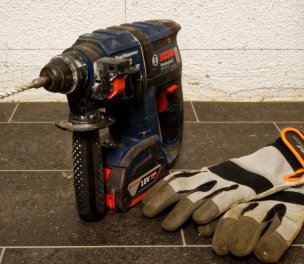'Shipyards are like minefields for workers'
.jpg)
Click to read the article in Turkish
Since the enactment of the Occupational Health and Safety Law in 2013, at least 288 shipyard and marine workers have been killed in occupational homicides, according to the Health and Safety Labor Watch (İSİG). This year, 26 workers were killed on the job in 34 weeks.
The latest worker death in shipyards occurred on August 17, when Yasin Demirağ, 19, fell from a high place in the Sefine Shipyard in Yalova, northwest Türkiye. He was from the southeastern province of Urfa.
According to a video released after the killing by the Limter-İş union, the company hadn't taken occupational safety measures. An occupational safety specialist allegedly tried to put a safety belt on the worker's dead body.
CLICK - Job safety specialist filmed while trying to put safety belt on killed shipyard worker
"It was the same in the 2000s"
It was unnecessary to discuss whether there was a safety belt or not, Kanber Saygılı, the head of Limter-İş, told bianet. "Did Yasin fell from a high place? He did. Would he fall had the necessary measures been taken? He wouldn't.
"Occupational safety means eliminating the risk, to close the road leading to the accident. Even if the worker makes a mistake, these precautions exist to cover the worker's mistake. Precautions are taken for this."
Recalling the worker deaths in İstanbul's Tuzla shipyard in the 2000s, Saygılı said the only difference today is that "dead bodies of workers are not covered with newspapers."
"We witnessed the times when officials put a helmet on the head, iron-tipped shoes on the feet and a safety belt on the waist of the workers who fell and killed before the prosecutor arrived. So, Yasin Demirağ is not the first example.
"They would correct all the deficiencies before the prosecutor arrived and say, 'We are not at fault. Our business is not at fault. The worker is at fault here.'
"They would meet the family of the worker and prevent them from filing a complaint by paying 'bloodwealth' to them. We are experiencing the same thing at Yalova's shipyards today."
"Unnecessary expense"
Precautions were taken at the Tuzla shipyards following the 2008 strikes, but workers' deaths and injuries are more easily covered up in Yalova due to the lack of unionization, said Saygılı.
"We know occupational safety measures are not taken at shipyards. Because bosses see occupational safety as an unnecessary expense that increases costs.
"Those places are like minefields. Staying alive is coincidental. If a worker hasn't lost a limb there, it's a coincidence. There are occupational safety specialists in almost every shipyard, but they don't fulfill their responsibilities. The state gives them the authority, but not responsibility."
The economic crisis
"Moreover, we are in an economic crisis. Workers have to work. They have to make do with what is given. On the other hand, the shipyard bosses are very strong. They are also strongly supported by the ruling power.
"They have turned the crisis into an opportunity. They avoid job security, they avoid worker health, they block unionization. In such cases, it is inevitable that the number of occupational homicides will increase." (HA/VK)
Lawyer Selçuk Kozağaçlı detained one day after release
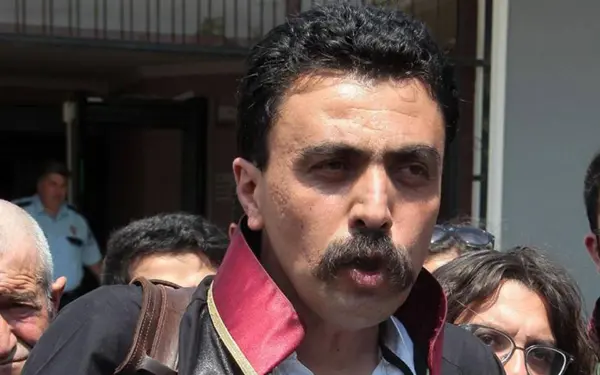
Prosecutor seeks prison terms for journalists who covered İmamoğlu protests
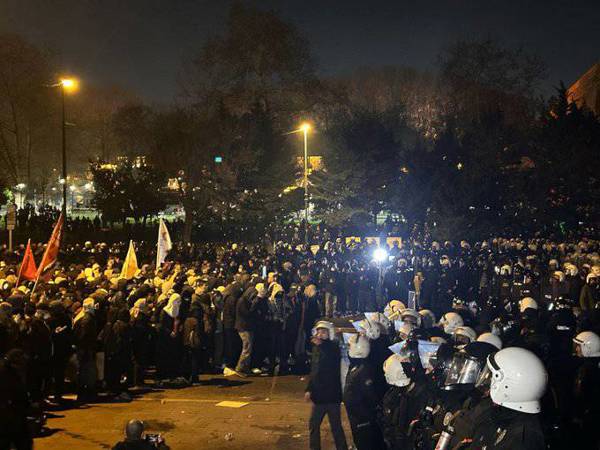
Journalists' union denied visit to jailed reporter Elif Akgül

İzmir coal-fired plant continues operations despite court ruling
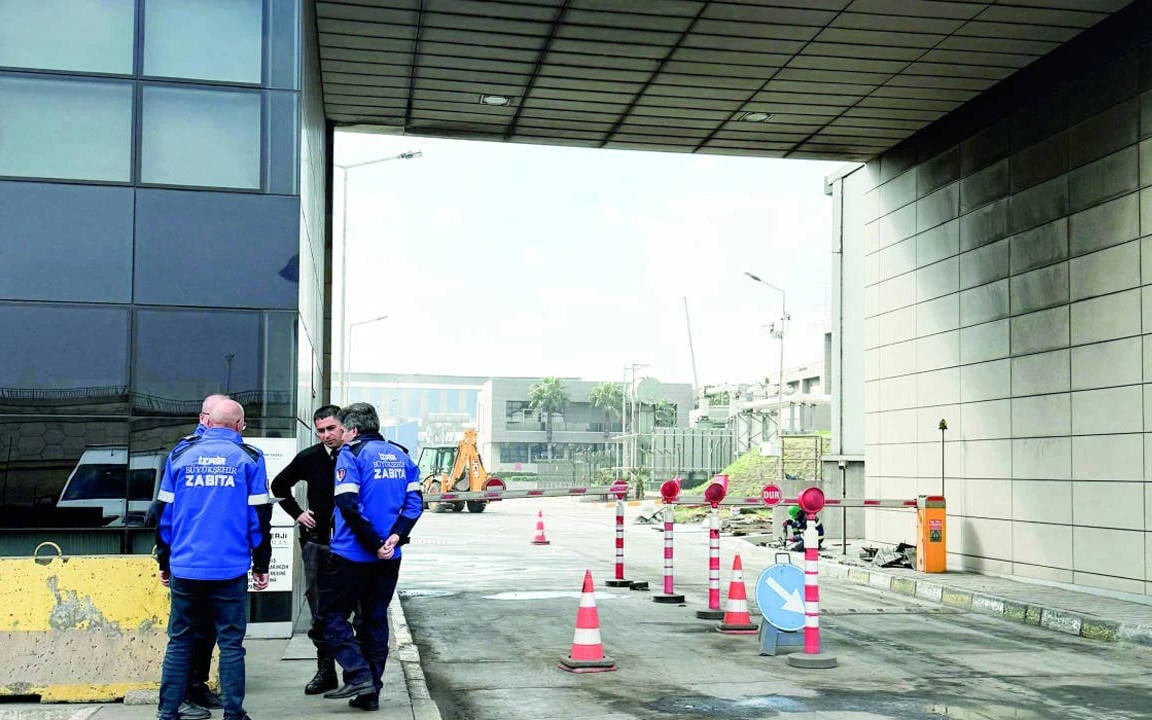
Executive of pro-Kurdish news agency faces trial for exposing informant’s identity
